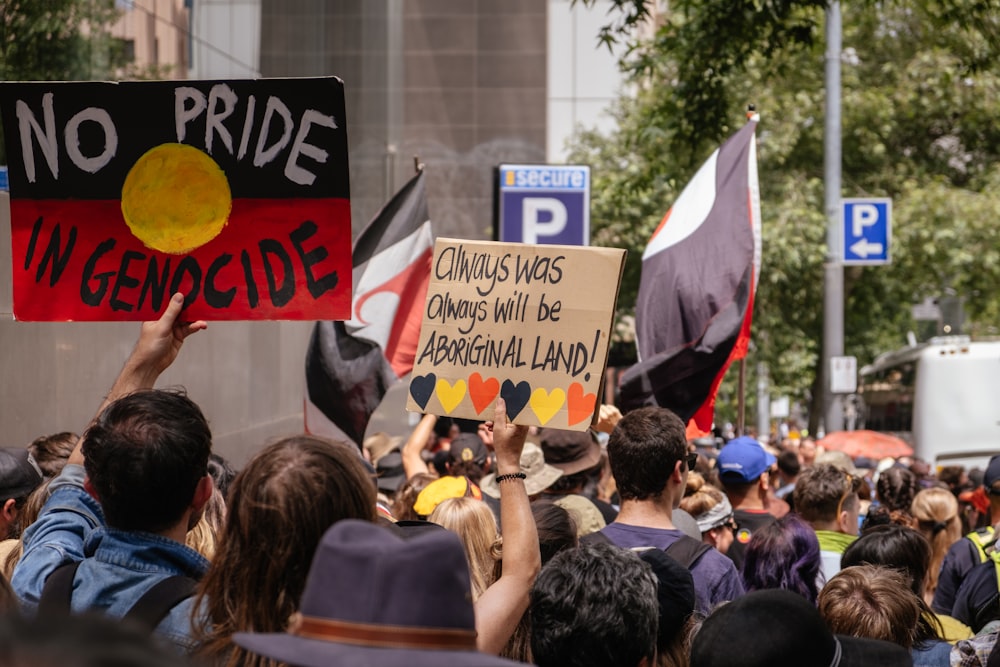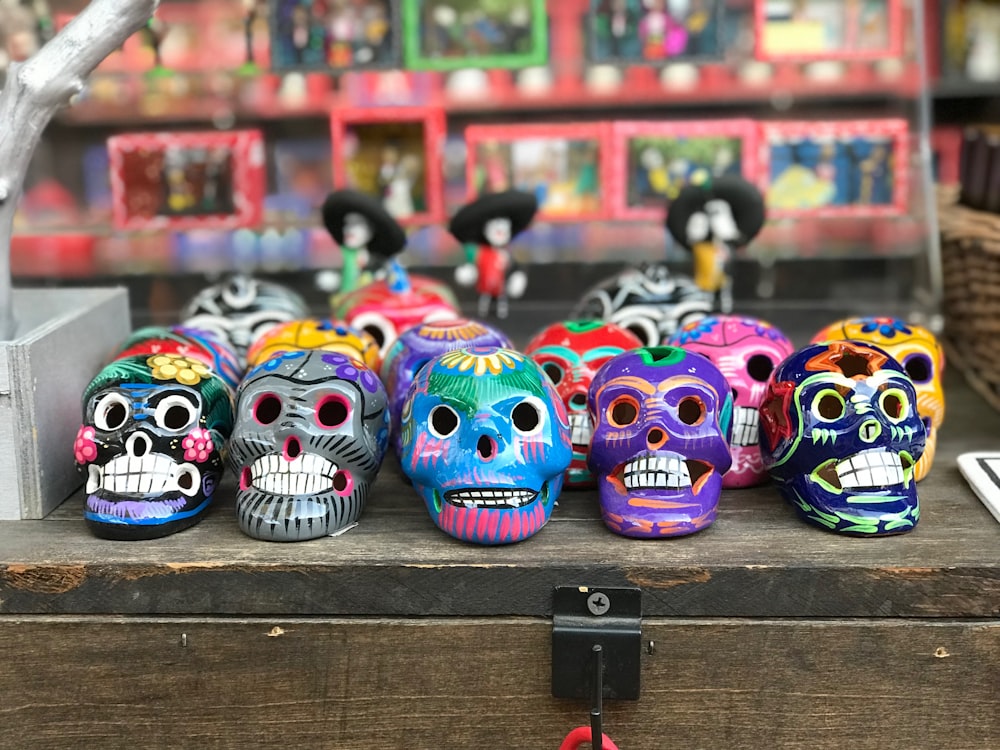Globalisation, as we know it, has been characterised through history and our contemporary media as a phenomenon of Western civilisation.
One of its brightest selling points is the vast expanse of diversity it promises through empowering lesser-known communities. This wider and unprecedented access to cultures means that misrepresentation of those cultures for capitalist and consumerist gain becomes more common. The loss of cultural and intellectual property has risen exponentially, from inauthentic art, which hurts indigenous artists, to cultural appropriators who profit from a rich and complex history that is tokenised in favour of tourism. This exploitation has even pushed indigenous groups further to the margins of society.

Viewing aboriginal groups or cultures from Eastern or Asian descent through the unique rose-coloured glass of tourism showcase these communities as historical relics embedded in the past – a primitive lifestyle free of modern entrapment. Furthermore, the displays of cultural traditions are inaccurate and used exclusively as a form of entertainment. It is simply a performance for those who do not comprehend its value.
Take Día de los Muertos, a deeply significant event in Mexican culture that is constantly commercialised by the media. Families of Mexican heritage come together to rejoice in the belief that death is a natural part of life, and that relatives who have died are never truly gone. In 2013, The Walt Disney Co. filed numerous applications to trademark Día de los Muertos. Exploiting culture for own gain has become increasingly popular, and the Day of the Dead has always suffered from corporations and people alike appropriating and twisting its meaning.
The Mexican community itself is under constant scrutiny and used as scapegoats during conversations about immigration and crime – often by those who see no flaws in using an honoured tradition as a backdrop to an Instagram post.
Interestingly, in this age of global connectivity societies see de-diversification occurring at an alarming and certainly unexpected rate. This epidemic of auto-segregation is the separation of a religious or ethnic group from the rest of society in a state by the group itself. The phenomenon tends to be explained away by the notion that diversity is as difficult as it is desirable. It is said that people typically revert to homogeny, preferring the comfort of the familiarity of their culture – a ‘safe space’. These statements are not wholly untrue, but their use has become so all-encompassing and flippant that no one questions the soil from which they sprung.
Ultimately, people find refuge in environments where their cultures are celebrated authentically. Exposing themselves to communities that choose which aspects of their traditions have the most potential to be a Halloween costume or a billboard advertisement would hardly instill pride and connection with a long-lost identity. In a more sobering and politically relevant fashion, the ostracisation minorities face from the uprising of white supremacists along with daily microaggressions take a toll on their psyche. Therefore, is it truly surprising that self-imposed segregation exists when the act of genuinely connecting with your roots renders others ‘uncomfortable’? The emotional turmoil that arises from asserting a decolonised perspective of a cherished cultural identity is only perpetuated by racial and religious stereotypes enforced by our media through either subliminal messages or outright xenophobia. Yet wholly condemning auto-segregation is naive, many ethnic and racial minorities need to draw upon the social and cultural values of their communities.
The homogenous adoption of Western ideals is widespread through almost every country, inadvertently suppressing other cultures that take root in the West. Generations upon generations of families from Asia, Africa, the Middle East, and the Pacific have found homes and built livelihoods in the West and they are expected to adapt exclusively to Americanised or Eurocentric ideals of living. When children are raised to believe their own roots are lesser than others, that their cultural rituals are confusing and do not conform to those of Western origin; they are conditioned to reject their heritage to have a voice that is not contradictory to a new platform.
Is our world becoming a nation with one dominant culture rather than an integration of many? Who decided this dominant culture that permeated all spheres of life, political and social, would be Western? The degree to which immigrants and minorities are told to adapt to a new world could be acceptable if the same courtesy was extended to tourists in their countries. However, such respect is not afforded to their civil societies and the ever-changing power dynamic of our globe is tilting in favour of Americanised ideals.
There are still many positive influences of globalisation as a concept, but it needs to deviate from the notion that the adoption of western or eurocentric ideals as the only way in which a country may be valued. Globalisation has defined trade relationships, given previously undervalued countries a say on the world’s stage – so it can hardly be described as the destruction of national and cultural values. However, in our current socio-political climate, globalisation is not always the empowering entity one may think. To return the idea to its roots of celebrating cultural intricacies, we must work against the misrepresentation of entire communities that provides a new wave of colonisation in our society. Globalisation must not be vilified on the basis of the issues I have raised here, but it must be modified to equip minorities with the respect they deserve.
Featured image: Photo by NASA on Unsplash
Article image 1: Photo by Johan Mouchet on Unsplash
Article image 2: Photo by Sam Brand on Unsplash


